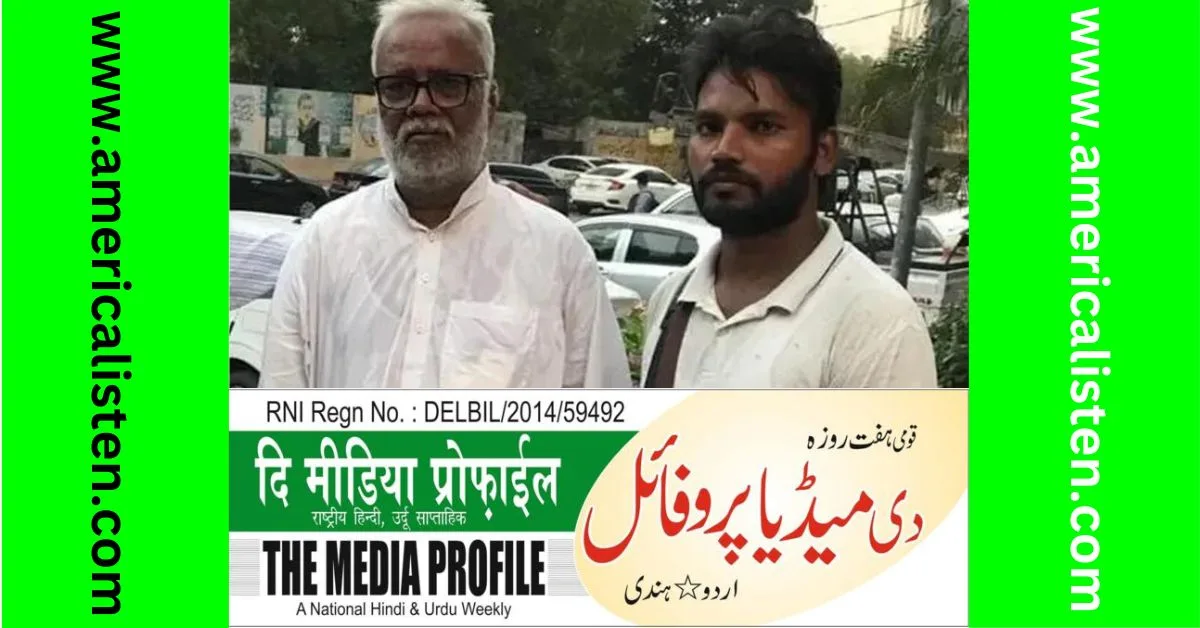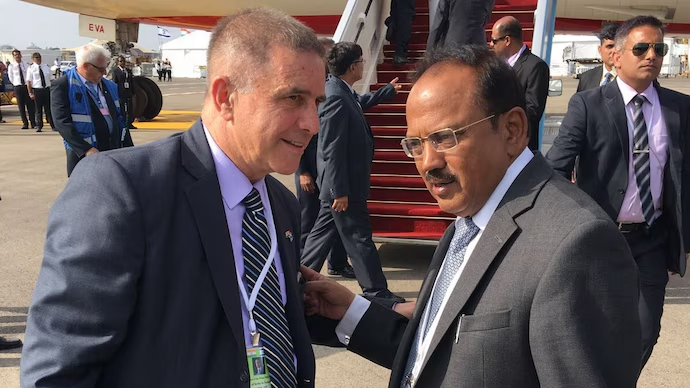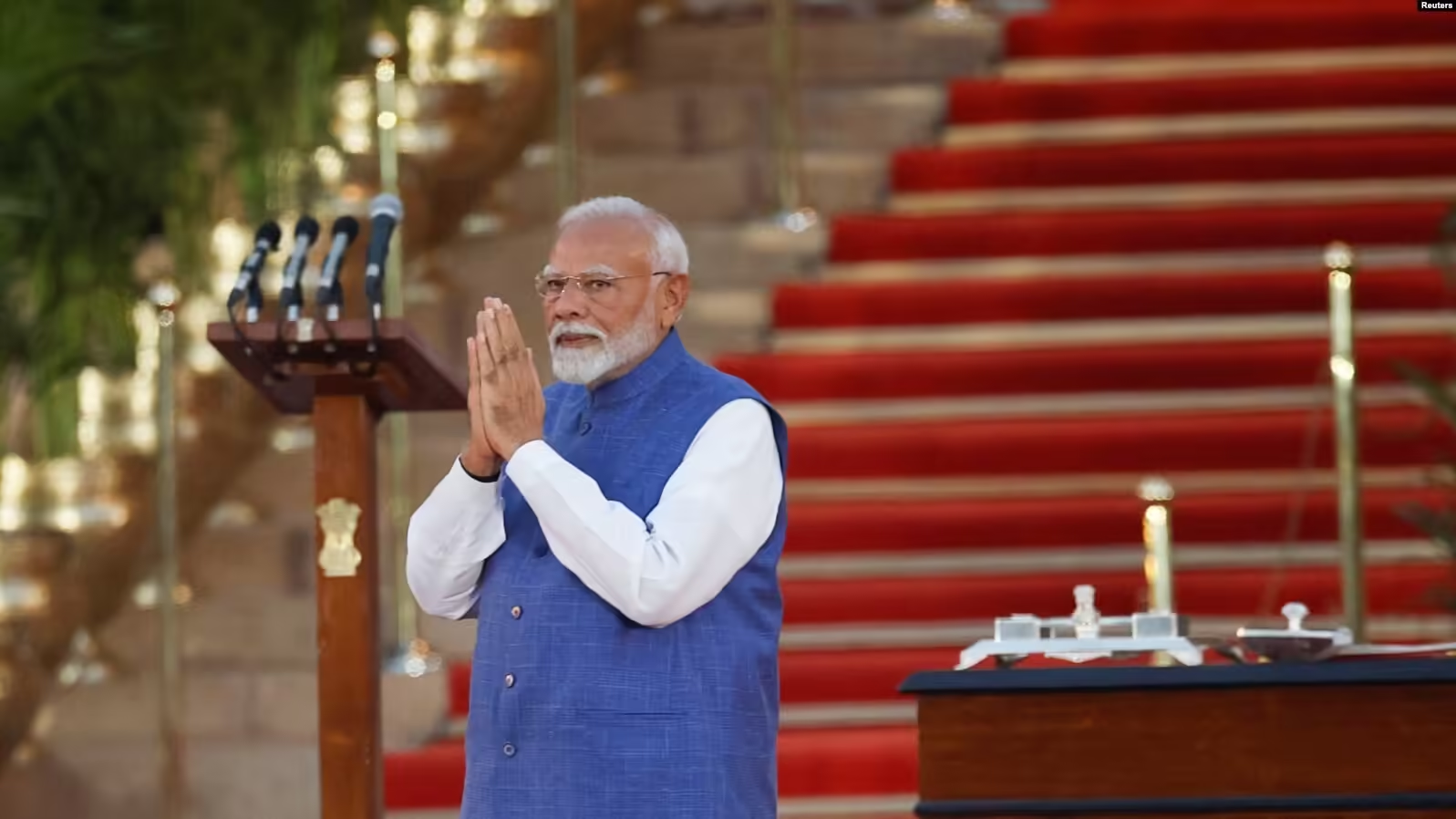In a recent development that has captured international attention, two Indian nationals, Muhammad Hasnain and his son Ishaq Amir, have sought asylum in Pakistan, citing religious prejudice and oppression as the primary reasons for their escape from India. Their journey and the circumstances surrounding their asylum request have shed light on the complex issues of religious tensions and personal safety faced by some individuals in India.
The Harrowing Journey to Asylum
Muhammad Hasnain, a 66-year-old political and social worker, and his 31-year-old son Ishaq Amir, embarked on a perilous journey from Delhi to Karachi, seeking refuge in Pakistan. Their journey, which commenced on September 5 of the current year, took them through several countries, including Afghanistan, before arriving in Karachi.
The father and son duo claimed that they had faced religious discrimination and oppression in India, compelling them to undertake the arduous journey to seek asylum. They have alleged that the climate in India has become increasingly hostile and divisive, leading to a sense of insecurity and fear for their lives.
Arrival in Pakistan
Upon their arrival in Karachi, Muhammad Hasnain and Ishaq Amir found temporary accommodation at the Edhi Home in the Incholi area. However, they were promptly restricted from leaving the premises, and two police officers were assigned to guard them.
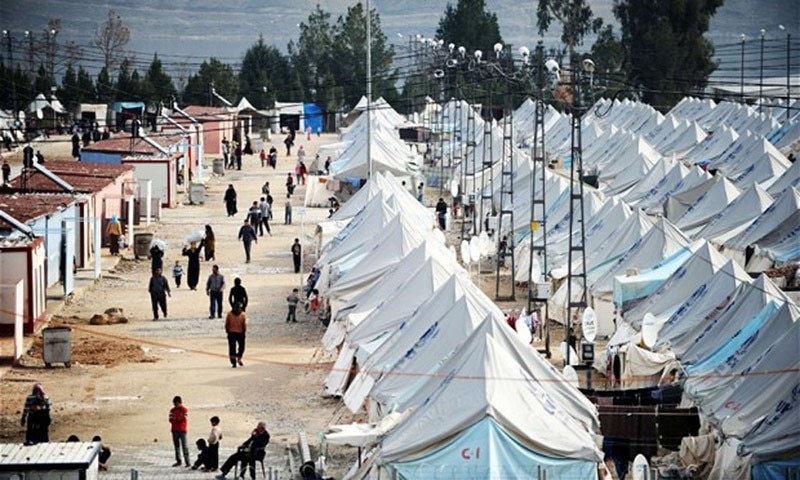
Asylum in Pakistan
Their arrival in Pakistan became public when they visited the Karachi Press Club on September 25 to protest against the persecution of Muslims in India. This move drew considerable attention to their asylum request and the reasons behind it.
Background of the Asylum Seekers
Muhammad Hasnain, who had been actively involved in journalism, published a weekly newspaper called ‘The Media Profile’ in Delhi. Born in Jamshedpur, Jharkhand, in 1957, he had been residing in Delhi for an extended period. Although he was married in 1989, the marriage ended after four years, leaving them with one son, Ishaq Amir.
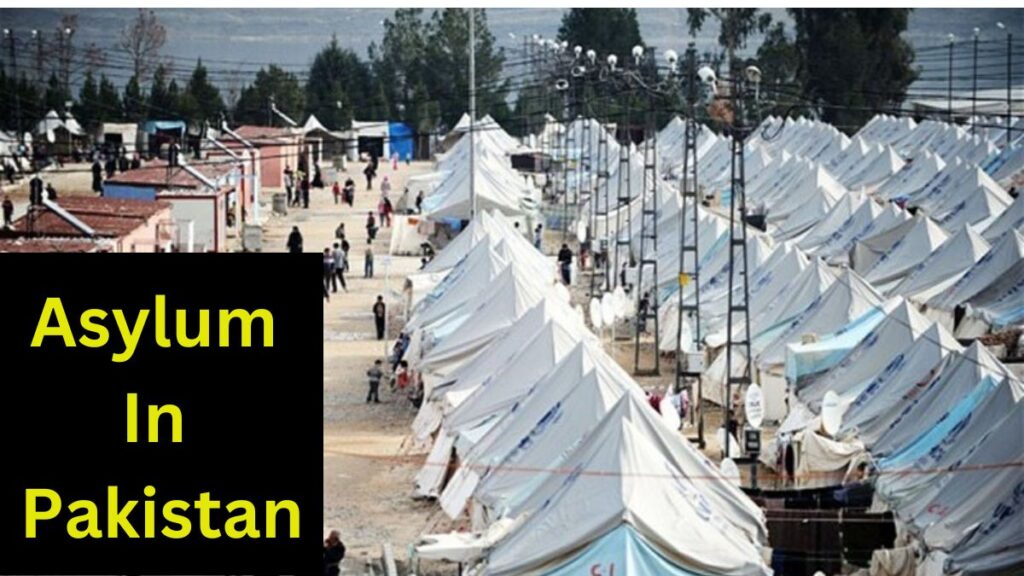
Ishaq Amir, educated in madrassas, memorized the Quran and received education up to the 12th grade from the National Institute of Open Schooling (NIOS) in Delhi. His work experience included stints at Dean Broadband and as a Safety Inspector in a Dubai-based company. He had also pursued further education, obtaining a Diploma in Industrial Safety Management and completing a course at NIGOS International General Certificate.
Political Engagement and Legal Issues
Muhammad Hasnain was not just a journalist but also a social and political worker who had contested elections at various levels in India, albeit unsuccessfully. His involvement in politics had led to accusations of pasting inflammatory posters.
Records indicate that he participated in the parliamentary elections of 2004 and 2009. His election affidavits revealed that three cases under the Indian Penal Code (IPC) were registered against him. Locals suggest that these cases were related to his involvement in advocating for the rights of Rohingya Muslims in Myanmar.
Seeking Asylum
Muhammad Hasnain and Ishaq Amir clarified that their decision to seek asylum in Pakistan was not impulsive. They cited factors such as the Babri Masjid court verdict and concerns about the potential electoral victory of India’s Bharatiya Janata Party (BJP) in the upcoming elections. They highlighted communal riots in their parliamentary constituency in 2020, which resulted in numerous deaths, primarily among Muslims.
The atmosphere of fear and increasing religious tensions in India had led to discrimination against them personally, further fueling their determination to leave the country.
Choosing Pakistan
When asked about their choice of Pakistan over other countries, Muhammad Hasnain emphasized their limited financial means to acquire citizenship elsewhere. They also expressed a cultural connection to Pakistan due to shared customs and ancestral roots. Their lack of relatives in Pakistan made obtaining a visa challenging, prompting them to explore alternative routes.
Seeking Refuge, Not Demands
Muhammad Hasnain and Ishaq Amir have unequivocally stated that their primary aim in seeking asylum in Pakistan is to escape persecution, not to secure housing or employment. They are prepared to undertake labor-intensive work if required and are committed to teaching the Quran. Their ultimate goal is to find safety and security in Pakistan, even if it means temporary incarceration.
Muhammad Hasnain emphasized that he had come to Pakistan not to live but to find peace in his final days. He cited the acceptance of other asylum seekers, such as Seema Haider, as evidence that Pakistan can provide refuge to those seeking safety.
As the international community closely watches their case, it highlights the importance of addressing religious tensions and ensuring the safety of individuals facing persecution in their home countries. The fate of Muhammad Hasnain and Ishaq Amir serves as a reminder of the challenges faced by asylum seekers and the pressing need for solutions to safeguard their rights and well-being.
To know More About Indian Muslims Please Click Here
You may like :
